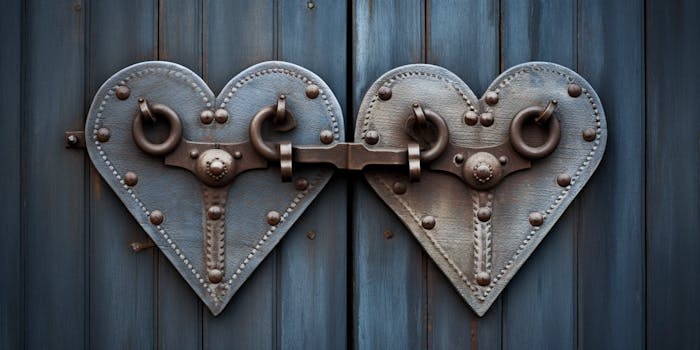Best Dating Apps for Long Term Relationships
In a digital landscape with over 8,000 dating platforms, the top five geared towards long-term relationships include Keeper, eHarmony, Match, Hinge, and Bumble are the top five online dating platforms designed for those seeking long-term relationships, each offering unique features from 100% criteria matching to detailed user filtering.
Dating sites have grown exponentially since the first ever online dating platform, Match.com was launched in 2005. Today there are an estimated 8,000 dating sites worldwide, in 2022 336 million people went online in a quest to find a partner, and according to a recent Statista study, this number will reach 441 million users by the end of 2023. All this choice sounds great, but where does one begin when there are so many options? The choice is overwhelming but we’ve done a breakdown and rated the best dating sites for people looking for long term relationships.

1. Keeper
Keeper is the only service that offers 100% criteria matching and a money back guarantee if your date doesn't match the preferences you have shared with them. It uses AI which is carefully guided by matchmaking experts to ensure you match with someone who is looking for a long term, meaningful relationship. The site is open about the fact that if you’re not looking for a long term partner, it’s not the right place for you.
Unlike other dating sites which have tried to do more extensive screening to ensure you are matched with someone suitable, Keeper ensures all your stated preferences are met and weeds out matches who aren’t aligned before you even see them. Their dedicated team listens to your every desire and preference, and matches you along several psychometric dimensions predicting compatibility, because they take human psychology seriously. Keeper places emphasis on the fact they know how time consuming finding a partner is and they will save you time by ensuring you are matched with a person with aligned goals.
2. eHarmony
eHarmony prides itself on its scientific approach to helping people find a partner by using a Compatibility Matching System to narrow down the field. There are 32 dimensions of compatibility which means, unlike some of the more popular dating sites such as Tinder, it seeks to ensure you are matching with people based on your compatibility, not just based on superficial photos and a short bio about yourself. Despite eHarmony helping millions of couples find each other over the past 20 years, when signing up you have to answer 80 questions which include hypothetical scenarios to help them understand who you are, which is rather daunting and time consuming.
However, eHarmony is one of the few dating sites that seeks to match people who are looking for a serious relationship and has over 20 years of experience.
3. Match
Match is popular with people seeking long-term relationships instead of casual hookups. It uses questionnaires to help ensure you find the right partner but the questions are quite general and don’t focus on key details that are essential in order to find a suitable partner to build a long term relationship with. Your potential matches are screened to ensure you are on the same page when it comes to things like whether you want children and what your interests are but there are so many more factors that need to align in order to form a successful partnership.
Match charges $20 a month which is slightly more costly than other mainstream alternatives. Arguably this demonstrates its users are in fact committed to finding a partner but lots of its members have complained that that price point is too high.
4. Hinge

Hinge is the dating app that according to its creators was ‘designed to be deleted’. Amongst millennials there is an idea that Tinder is for hookups and Hinge is the alternative - a platform better suited to people looking for relationships - but although this may be the case, the platform places no real emphasis on helping people find a long term relationship.
Unlike Tinder, Hinge sought from the outset to help people get to know each other by including ‘prompts’ to help people express their personality, interests and sense of humor, as opposed to just matching people solely based on appearance. There are filters for age, sex and location but in order to access more premium features which enable you to carry out a more detailed search for specifics such as height, whether someone smokes or drinks and political views you have to pay.
While lots of happy relationships have come from Hinge, that’s due to the large number of people using it (23 million users) and if a serious relationship is what you’re looking for, you’re better suited to a site that filters out people from the outset who aren’t looking for a long term relationship.
5. Bumble

Bumble was launched in 2014 and billed as the first ‘feminist dating app’. The fact it was led by women, who are traditionally more likely to be seeking a long term relationship and shun hook up culture than their male counterparts, was encouraged when the app branded itself as a place to find ‘empowering and lasting connections’.
Like many apps there is a premium version available which allows users to be more specific in their filters and ask questions about lifestyle choices, political views and religious beliefs but you can match with someone on all these things and have no guarantee they are interested in a long term relationship. Bumble has worked extensively to ensure it is perceived to be the place to find real connections and while there are encouraging statistics showing 25% of users went on a date with someone they met on Bumble in the past month, there aren’t readily available statistics demonstrating Bumble has succeeded in its goal to create lasting connections and long term relationships.